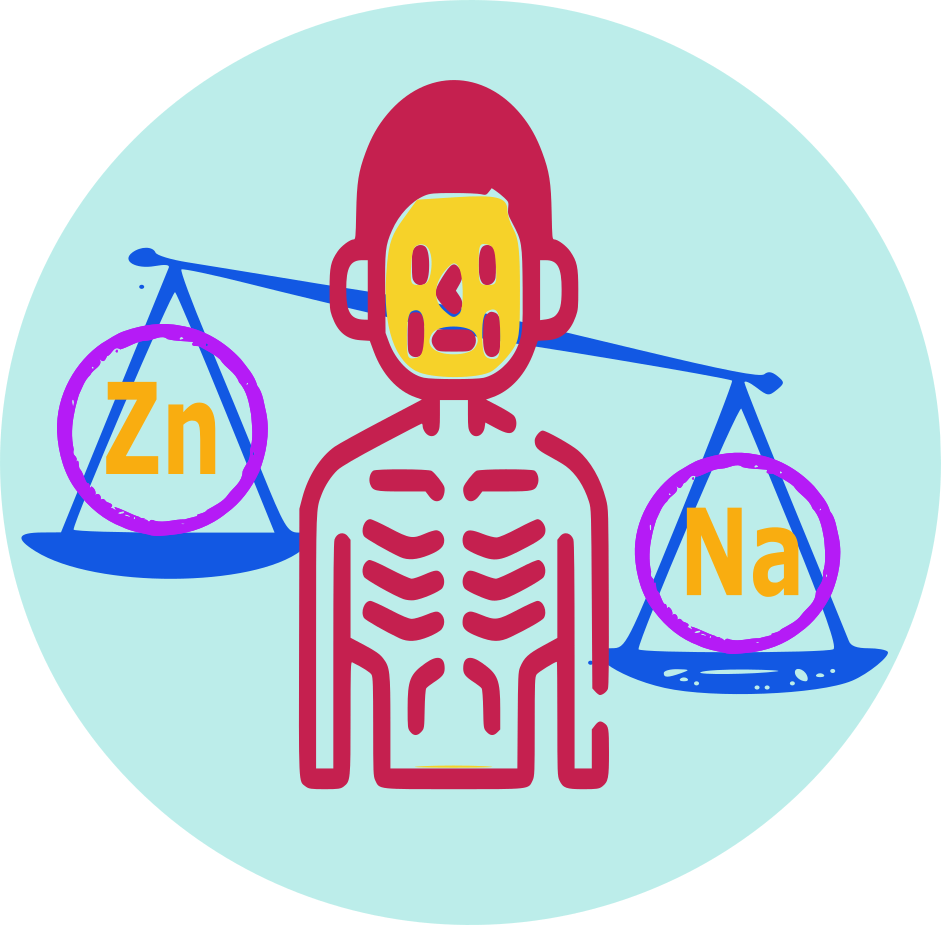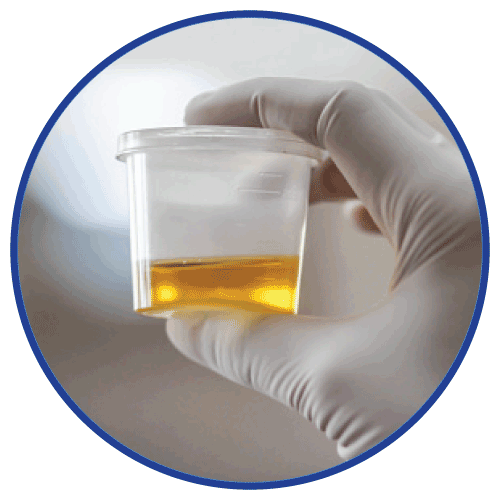| Name | Anhydrous Glucose |
| Classes |
Nutritional Supplement Dietary Suppleement |
| Diseases |
Dehydration Malnutrition Weakness |
Anhydrous Glucose
Anhydrous glucose is a simple sugar that is commonly used as a source of energy for the body. It is classified as a nutritional supplement and works by providing glucose to the body, which is then used as fuel for various physiological processes.
Anhydrous glucose is indicated for the following:
- Treatment of hypoglycemia (low blood sugar levels) in patients with diabetes mellitus
- Nutritional support in patients who are unable to consume solid foods or require additional calories and carbohydrates
- Management of dehydration and electrolyte imbalances in patients with diarrhea, vomiting, or other conditions that cause fluid loss
The dosage of anhydrous glucose will vary depending on the patient's age, weight, and medical condition. It is typically administered orally as a powder or tablet, or as an intravenous infusion.
- For hypoglycemia in patients with diabetes mellitus, the usual oral dose is 10-20 grams, repeated as necessary until symptoms are relieved. Alternatively, a 50% solution of glucose can be administered intravenously at a rate of 10-20 mL per minute until blood glucose levels stabilize.
- For nutritional support, the recommended daily dose of anhydrous glucose is 100-200 grams, divided into multiple doses throughout the day. This can be administered orally or through an enteral feeding tube.
- For management of dehydration and electrolyte imbalances, anhydrous glucose can be administered intravenously at a rate of 2-4 mL/kg/hour, or as directed by a healthcare provider.
Anhydrous glucose is a safe product and no side effects have been reported.
Before using anhydrous glucose, patients and healthcare providers should be aware of the following warnings and precautions:
- Anhydrous glucose should be used with caution in patients with diabetes mellitus, as it can cause hyperglycemia (high blood sugar levels) when administered in excessive doses.
- Patients with a history of hypersensitivity reactions to glucose or other sugars should avoid using anhydrous glucose.
- Anhydrous glucose should be used with caution in patients with impaired renal function, as it can lead to fluid overload and electrolyte imbalances.
- Anhydrous glucose should be administered with caution in patients with congestive heart failure, as it can exacerbate fluid retention and increase the risk of pulmonary edema.
- Anhydrous glucose should be used with caution in patients with hepatic impairment, as it can exacerbate hepatic encephalopathy.
- Intravenous administration of anhydrous glucose should be done slowly and under close medical supervision to avoid the risk of fluid overload and other complications.
- Anhydrous glucose should be stored in a cool, dry place away from light and moisture, and should be discarded if it appears discolored or contains visible particles.
Contraindication
Anhydrous glucose is contraindicated in patients with Known hypersensitivity to glucose or other sugars.
Anhydrous glucose is contraindicated in patients with severe renal impairment or anuria (absence of urine production).
 Bangla
Bangla English
English



